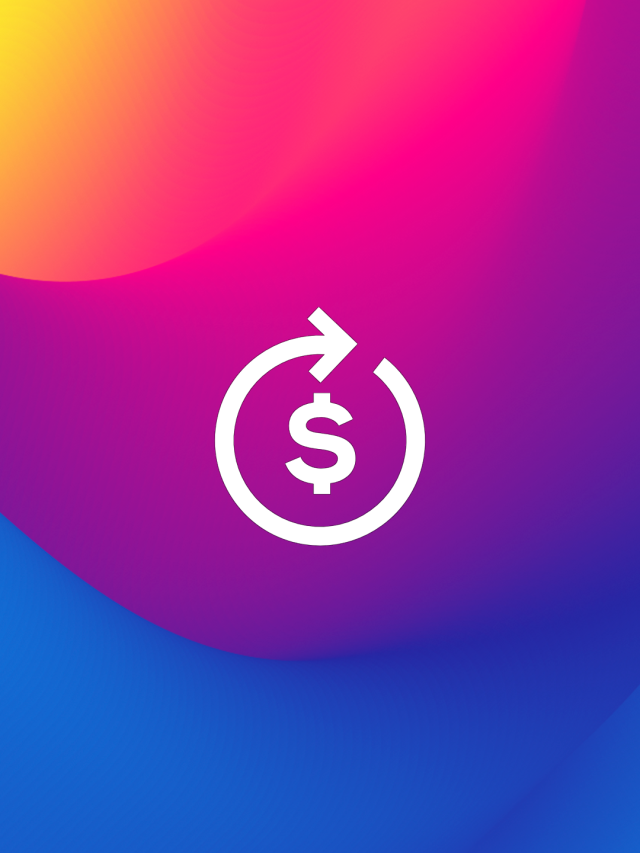What is the order-to-cash process?
Content
- Brokers that Don’t Sell Your Order Flow
- Customer relationship management
- There is no such thing as a free lunch according to ESMA
- Why Might It Cost an Investor More To Trade With a No-Fee Broker?
- Does it mean your free trade isnt really free?
- PFOF Ban: Win-Win for Hedge Funds?
- Lower commissions and fees, price improvement
- SEC Requirements and PFOF Regulations
In 2021, the SEC expressed concern about orders flowing to the dark market, where the lack of competition among market makers executing trades could mean that brokerages and payment of order flow their customers are being overcharged. Regulation NMS requires brokers to disclose their policies on PFOF and their financial relationships with market makers to investors. Your brokerage firm should inform you when you first open your account, and then update you annually about what it receives for sending your orders to specific parties.
Brokers that Don’t Sell Your Order Flow
Q2C personalizes the entire customer experience, from initial inquiry to final payment, by providing tailored solutions, accurate quotes, and smooth contract negotiations. Order to cash (O2C) is primarily concerned with fulfilling orders and collecting payments, while quote to cash (Q2C) takes a broader view, encompassing the entire sales cycle and focusing on optimizing revenue generation. The https://www.xcritical.com/ process of PFOF was founded by Bernie Madoff of Ponzi scheme infamy, but his profit-incentivized method had nothing to do with his investment scandal. All we do know is that a PFOF ban will most likely hurt the retail investor. ESMA has indicated that, considering the concerns raised above it is unlikely that PFOF will be compatible with the requirements under MiFID II.
Customer relationship management
Automate and configure revenue reports to simplify compliance with IFRS 15 and ASC 606 revenue recognition standards. Public decided to stop accepting payment for order flow to remove that conflict of interest from our business. Instead, weve introduced tipping, which helps us focus on building a community we believe in. Even though by law brokers most get us the best fill, we have no transparent way of knowing for certain whether or not they do.
There is no such thing as a free lunch according to ESMA
In general, when interest rates go up, Bond prices typically drop, and vice versa. Bonds with higher yields or offered by issuers with lower credit ratings generally carry a higher degree of risk. All fixed income securities are subject to price change and availability, and yield is subject to change. Bond ratings, if provided, are third party opinions on the overall bond’s credit worthiness at the time the rating is assigned. Ratings are not recommendations to purchase, hold, or sell securities, and they do not address the market value of securities or their suitability for investment purposes.
Why Might It Cost an Investor More To Trade With a No-Fee Broker?
The SEC permitted PFOF because it thought the benefits outweighed the pitfalls. Smaller brokerage firms that may have trouble handling large numbers of orders can benefit from routing some of those to market makers. Brokers receiving PFOF compensation may be forced by competition to pass on some of the proceeds to customers through lower costs, like low- or no-commission trading. Payment for order flow (PFOF) is compensation received by a broker in exchange for routing customer orders to a market maker. The practice has become an increasingly common way for brokers to generate revenue as the industry has largely done away with commissions on stock trades and significantly reduced commissions on other instruments.
Does it mean your free trade isnt really free?
As the name implies, a market maker will make a market for certain financial instruments. They do so by standing by, willing to buy or sell those instruments. Typically, the market maker will offer a better price than is available on a public exchange. But with multiple trading venues and when trades are matched within milliseconds, it’s not easy to prove (or disprove). An important part of the NMS was creating the NBBO, which requires all trading venues to display their best available bid and offer prices, and for trades to be executed at these prices or better.
PFOF Ban: Win-Win for Hedge Funds?
Bid-ask spreads (and therefore the price that is paid for the financial instrument) may differ per execution venue (depending on the supply and demand on that execution venue). On which execution venue the execution is made therefore influences the price that is paid or received for the financial instrument. And since the retail investor has far more access to relevant information today, these PFOF schemes can also expose these market makers to increased risk (i.e r/wallstreetbets GME pump). There are multiple risks that stem from PFOF in addition to these market makers taking the other side of your trade.
- The broker, in turn, routes this order to a market maker in exchange for compensation.
- The market maker profits can execute trades from their own inventory or in the market.
- A 2022 study, in line with others, found that about 65% of PFOF revenue for brokerages came from options trading, with about 30% for non-S&P 500 stock trading and just 5%, or 1 out of every $20 in revenue, coming from S&P 500 stock trading.
- Much of the benefits that market makers receive from PFOF stems from taking the other side in trades by “dumb money.” Accordingly, there seems to be an incentive to try and keep these retail traders from becoming seasoned investors.
- Buying one national currency while selling another is known as forex trading.
Taken all together, brokerages make money from these contracts, market makers produce profit inside the bid-ask spread and the investor… loses value in their portfolio. Industry observers have said that for retail investors weighing the trade-off between low trading costs versus good prices, it may come down to the size of their trades. For smaller trades, the benefits of saving money on commissions may surpass any gains from price improvement.
The investor sends money, the brokerage sends back shares of stock. When you buy or sell stocks, options, and other securities, the broker-dealer who has your account is responsible for executing the trade and getting you the best price available, known as “the best execution.” The more order flow the market makers receive from the likes of Robinhood, the more profit they can generate from the bid-ask spread. Brokerages earn more when they send more trades to the market makers.
It can come as a fee per trade, a share of the spread, or other financial incentives. Bonds.“Bonds” shall refer to corporate debt securities and U.S. government securities offered on the Public platform through a self-directed brokerage account held at Public Investing and custodied at Apex Clearing. The value of Bonds fluctuate and any investments sold prior to maturity may result in gain or loss of principal.
These brokerages will either route your orders through market makers that don’t pay for order flow or give you direct market access. Brokers receive payments for order flow from third parties on either a per-share or per-dollar basis. PFOF transfers some of the market makers’ profits to the brokerage, but market makers realize profits from the arrangement as well. It’s important to understand what happens when an investor chooses to trade a security. When an investor commits an order, their brokerage routes that order to a public exchange for execution.
Retail brokerages, in turn, use the rebates they collect to offer customers lower — or often zero — trading fees. Robinhood, the zero-commission online broker, earned between 65% and 80% of its quarterly revenue from PFOF over the last several years. Below, we explain this practice and the effects it can have on novice and experienced investors alike. Investment Plans (“Plans”) shown in our marketplace are for informational purposes only and are meant as helpful starting points as you discover, research and create a Plan that meets your specific investing needs.
Securities and Exchange Commission (SEC) requires broker-dealers to disclose their PFOF practice in an attempt to ensure investor confidence. One vendor (market maker) says they’ll personally pay you a penny if you send him the order. A broker-dealer is obliged to get the best execution of their customer’s order that is reasonably available.


















